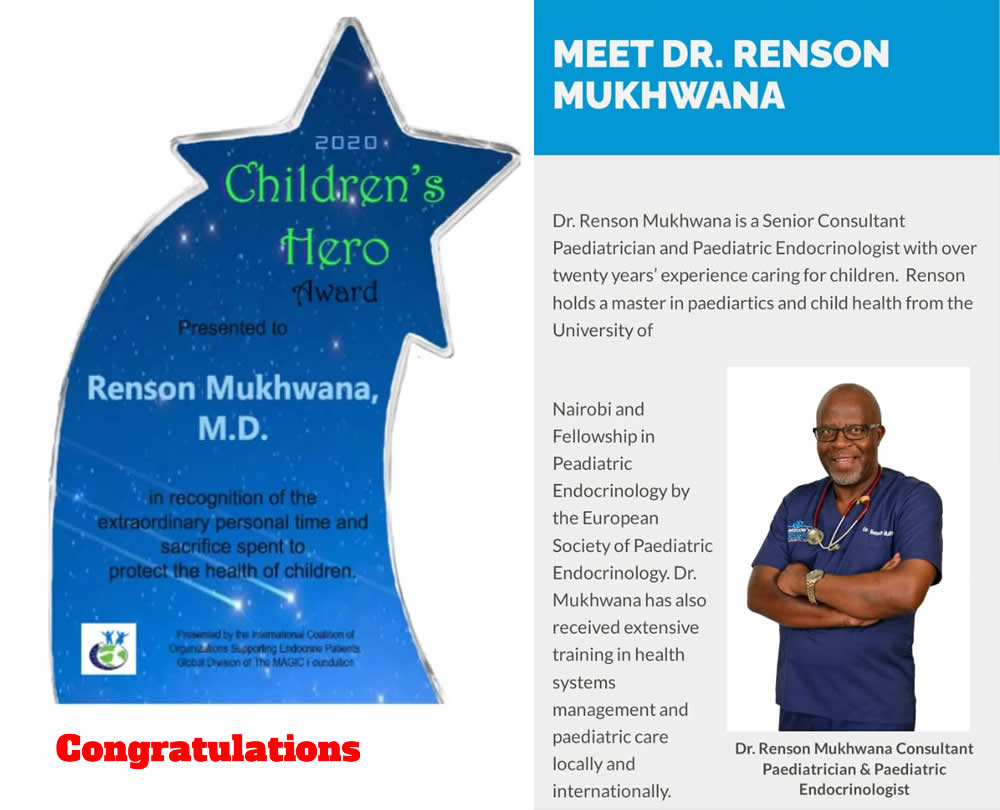I support Rare Disease Day

February 28th is Rare Disease Day — a worldwide event hoping to improve the lives of the 300 million people worldwide who are living with rare diseases by raising awareness about the impact of rare diseases among policy makers, the scientific community and the general public. It was launched in 2008 by EURODIS and takes place on the last day of February each year in more than 65 nations. The U.S. program is led by the National Organization of Rare Disorders (NORD). Since its creation in 2008, Rare Disease Day has played a critical part in building an international rare disease community that is multi-disease, global, and diverse.
At the center of Rare Disease Day is the belief that everyone deserves access to quality healthcare and support, regardless of their condition. As we raise awareness for rare diseases and work towards better treatment and care, it is important to remember that everyone can play an important role. Whether advocating for policy changes, supporting research, sharing personal rare disease stories, making donations, or spreading the word about the impact of rare diseases, each of us can help make a difference in the lives of those impacted.
Shortages of Supply of Growth Hormone (GH) in Africa and the need to spread awareness about Children’s Growth.
Most countries have reported shortages of GH from December 2022 up to date. There is an increased number of children diagnosed with Growth Hormone Deficiency (GHD) in Africa by 40% each year. Somatropin is used to treat adults and children with a growth hormone deficiency and in children with some conditions that may slow or prevent normal growth and development.
Severe noncommunicable diseases are those chronic conditions that lead to high levels of disability and death among children, adolescents and young adults if left undiagnosed or untreated.
Growth hormone (GH) promotes growth in children and helps maintain tissues and organs throughout life.GH has helped many children in Africa thrive especially with critical conditions affected by internal and external factors.
In the latest research, there is also an increase of children reported to have hypoglycemia (low blood sugar) related to Growth hormone deficiency (GHD), such conditions can only be treated with GH treatment. Hypoglycemia can cause brain damage in the long term, a sharp drop in blood glucose levels is considered a more important risk to life and can quickly lead to coma and death. The regulation of blood glucose levels is of fundamental importance for the proper functioning of various organs.
The other challenge that patients are facing is the high costs of Human Growth Hormone (HGH), the shortages in supply has led to outsourcing the HGH from other countries at a very high cost and the ones available within the country are extremely expensive.
“Why is it expensive to acquire HGH in Africa compared to other continents”? It is beyond understanding yet it is with reasonable facts proven that it is very much needed by children especially in Africa.
Each year 20% of such cases have gone undiagnosed or patients that were on treatment stopped using GH due to the high cost and scarcity of the GH. Most conditions are managed by GH treatment, the earlier the diagnosis, the faster we can reduce cases of short stature and other conditions affected by growth hormone deficiency. Management of these conditions can lead to healthier normal lives. There is a need for a new strategy to boost access to the diagnosis, treatment and care of patients with endocrine conditions in Africa.
There is also a need to create awareness about the importance of monitoring children’s growth.
We need immediate intervention for the sake of the children!!!
Congratulations to Dr. Renson Mukhwana

In recognition of doctors that Magic Africa has worked with and appreciated



